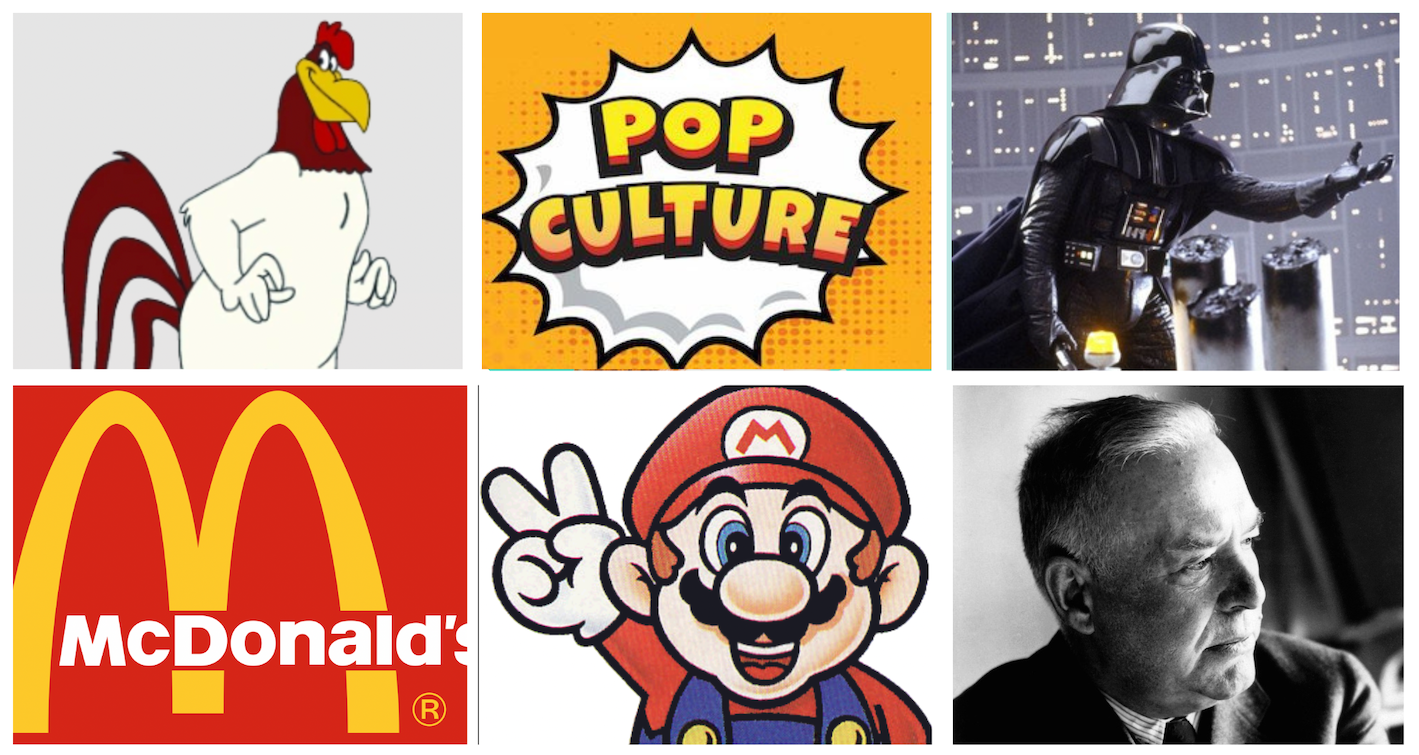Rise by Six: Your Daily Dose of Inspiration
Explore insights and stories that elevate your day.
When Memes Attack: How Internet Culture Shapes Real-World Trends
Discover how viral memes influence real-world trends and shape our culture in unexpected ways. Don't miss the meme revolution!
The Evolution of Memes: From Inside Jokes to Global Movements
The concept of memes originated from Richard Dawkins' 1976 book, 'The Selfish Gene,' where he described cultural phenomena that spread from person to person. Initially, memes consisted of simple images or phrases shared among small groups, often representing inside jokes that resonated within specific communities. Over time, the accessibility of the internet and social media platforms like Facebook, Twitter, and Reddit allowed these memes to transcend their original contexts, reaching wider audiences and evolving into more complex forms. They began to incorporate elements of modern culture, politics, and global events, transforming from niche references into universally recognizable phenomena.
As memes grew in popularity, they became powerful tools for social commentary and activism. Movements like #MeToo and #BlackLivesMatter utilized memes to convey messages, rally support, and raise awareness about critical issues. The evolution of memes has made them not just a form of entertainment, but also a vehicle for social change, illustrating how humor and creativity can mobilize people across the globe. In this digital age, a single meme can capture a cultural moment, spark conversations, and even shift public opinion, proving that what began as mere inside jokes can ignite global movements.

How Viral Memes Influence Consumer Behavior and Marketing Strategies
Viral memes have emerged as a potent force in shaping consumer behavior, acting as a bridge between cultural trends and marketing strategies. These humorous and relatable images or videos gain traction quickly on social media platforms, capturing the attention of a diverse audience. As a result, brands increasingly leverage viral memes to engage consumers, driving brand awareness and loyalty. When a meme resonates with the public, it often encourages consumers to share the content within their social circles, facilitating organic word-of-mouth promotion and enhancing the brand's reach.
Moreover, the ephemeral nature of social media means that timely and relevant viral memes can create a sense of urgency, prompting consumers to act swiftly. Brands are now adopting agile marketing strategies to capitalize on trending memes, often reworking them to fit their messaging or product offerings. This adaptability not only boosts engagement but also fosters a sense of community among consumers who relate to the humor or sentiment expressed. Ultimately, understanding the nuances of viral memes can help marketers tailor their campaigns, making them more effective in influencing consumer decisions.
Are Memes the New Cultural Language? Exploring Their Impact on Society
In recent years, memes have evolved into a potent form of communication, transcending traditional language barriers and allowing individuals to express complex ideas with just a few images and words. Are memes the new cultural language? This question sparks an ongoing conversation about how memes encapsulate cultural nuances and shared experiences, enabling people from diverse backgrounds to engage in a collective dialogue. The viral nature of memes ensures that they spread rapidly across social media platforms, often leading to a shared understanding or commentary on current events, popular culture, and societal norms.
The impact of memes on society is profound, as they shape perceptions, influence trends, and even drive social movements. By distilling intricate themes into easily digestible and often humorous formats, memes facilitate the rapid dissemination of information while fostering a sense of community among those who share and create them. Moreover, memes as a cultural language highlight the power of visual storytelling, showcasing how humor and relatability can spark deeper discussions about topics that might otherwise seem daunting or controversial.